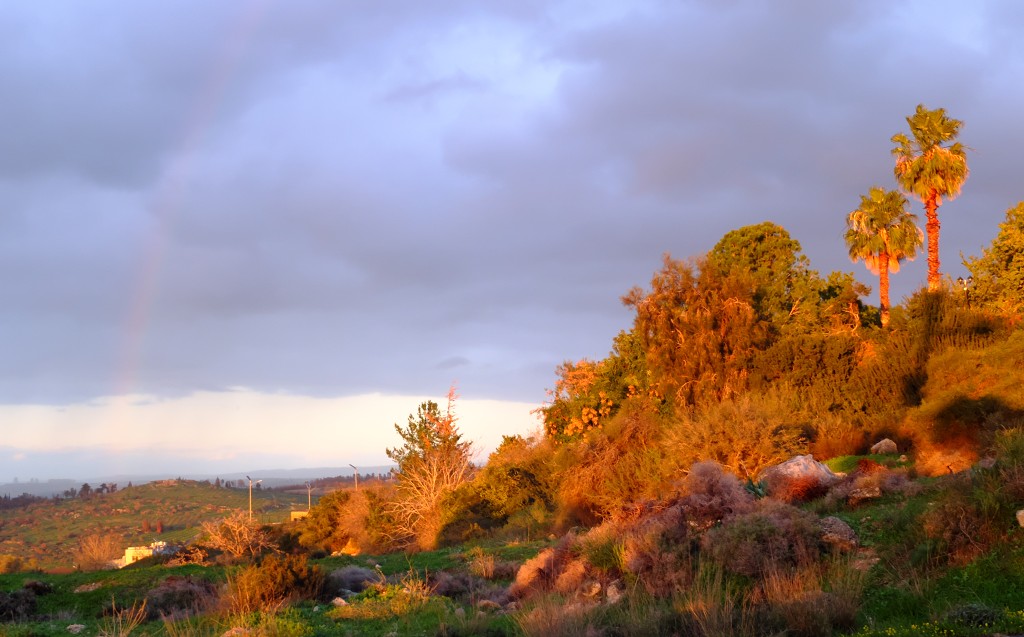Attitudes in literature

One of the Empire series podcasts deals with the relative absence of the British empire and its evils in the English literature of the times. While fine houses were being constructed from money derived from distant plantations worked by enslaved people, writers like Jane Austen and Charlotte Bronte could write about the owners of these mansions with scarcely a mention of the source of their wealth.
Thinking of how something as important as the slave trade and the subjugation of entire populations of Africans and Asians could be transpiring in the background of 19th century literature, with scarcely a reference, made me wonder to what extent our contemporary literature reflects our world?
I remember that Amitav Ghosh has written that future generations may wonder at the slight degree to which the looming climate catastrophe is reflected in the novels and stories of our times.
I think that one thing that is always reflected is the attitude of the writers and the characters they depict. People like Joseph Conrad may have written critically about empire, but was evidently unable to escape the racist attitudes prevalent during his time. Later writers could be aware of human rights and issues of racism while taking as normal the subjugation of women, and so it continues. Our own attitudes may seem equally unnatural or horrific to people born in the future. Will they excuse us, as we are sometimes asked to do with regard to past writers, because we were merely "products of our time"?